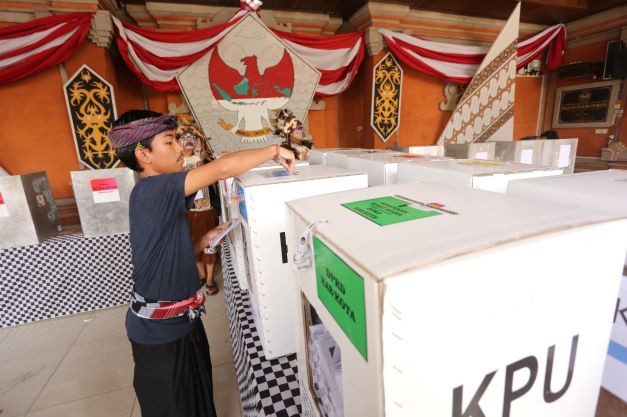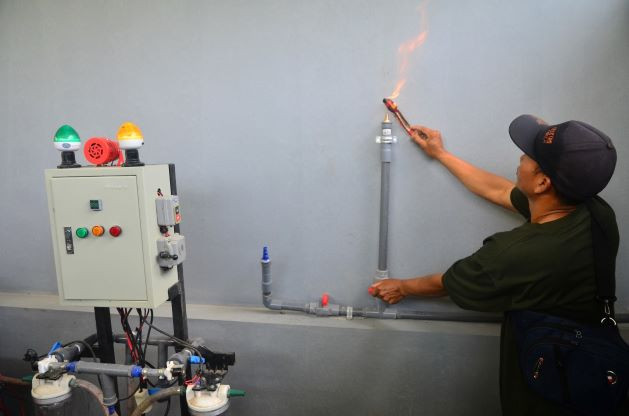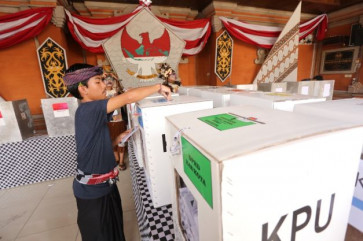Popular Reads
Top Results
Can't find what you're looking for?
View all search resultsPopular Reads
Top Results
Can't find what you're looking for?
View all search resultsIs delaying the elections legitimate and constitutional?
There are no constitutional provisions concerning how to extend the terms of office of legislators or the executive past their mandate. Nor does the Constitution authorize a state agency to extend the term of office of the executive or legislative branches.
Change text size
Gift Premium Articles
to Anyone
A
number of political party leaders have proposed the postponement of the 2024 elections for one or two years, claiming, among other reasons, the move would provide stability to the country amid the protracted COVID-19 pandemic and the impacts of the ongoing war in Ukraine.
Many have been quick to oppose the initiative, and President Joko “Jokowi” Widodo has asked the political elites to adhere to the Constitution, although he acknowledged that raising the idea was legitimate in a democracy.
From the constitutional law point of view, however, postponement of the elections is a violation of the Constitution. Article 22e paragraph 1 of the Constitution says elections are to be held once every five years and Article 167 paragraph 1 of Elections Law No. 7/2017 states that elections are to be held every five years to elect the president and vice president, as well as members of the House of Representatives, the Regional Representatives Council and regional legislatures.
From the lens of the Constitution, the election schedule is certain, so is the term of the president, vice president and legislators, who hold their posts for five years, after which another election is held to replace or keep them.
The postponement of the 2024 elections has no legal consequences for the term of office of the president, vice president or legislative council members either because once their terms end, there is no way to extend them except through elections. There are no constitutional provisions concerning how to extend the term of office of legislators or the executive past their mandate. Nor does the Constitution authorize a state agency to extend the term of office of the executive or legislative branches.
The consequences of delaying the elections will be overarching. Instead of bringing stability, as the politicians have argued, it will create a vacuum of power because all the legislative council members, the president and vice president will lose their mandate as soon as they complete their tenure. Some regional leaders may still govern in October 2024, but they would not be able to work effectively because of the absence of regional legislatures.
A power vacuum may lead to chaos that could eventually prompt the Indonesian Military (TNI) or the National Police to take action to prevent the political crisis from worsening. However, based on TNI Law No. 34/2004 and National Police Law No. 2/2002, the two are only responsible for defense, security and national order. If they go beyond their constitutional roles, such as by playing practical politics, democracy in the country will be in peril.


















